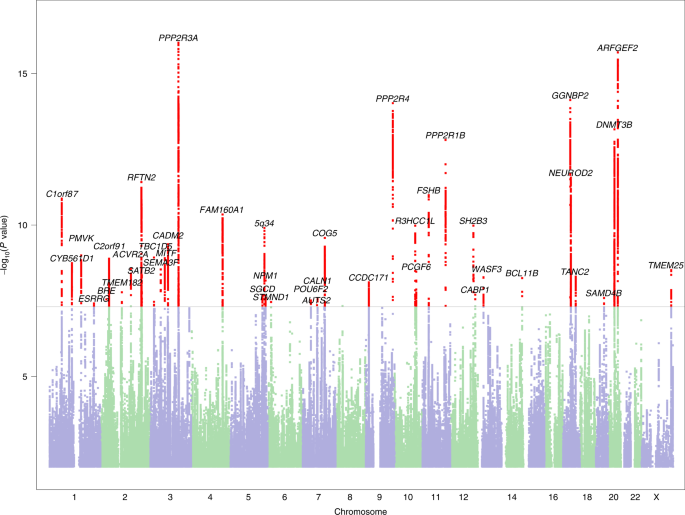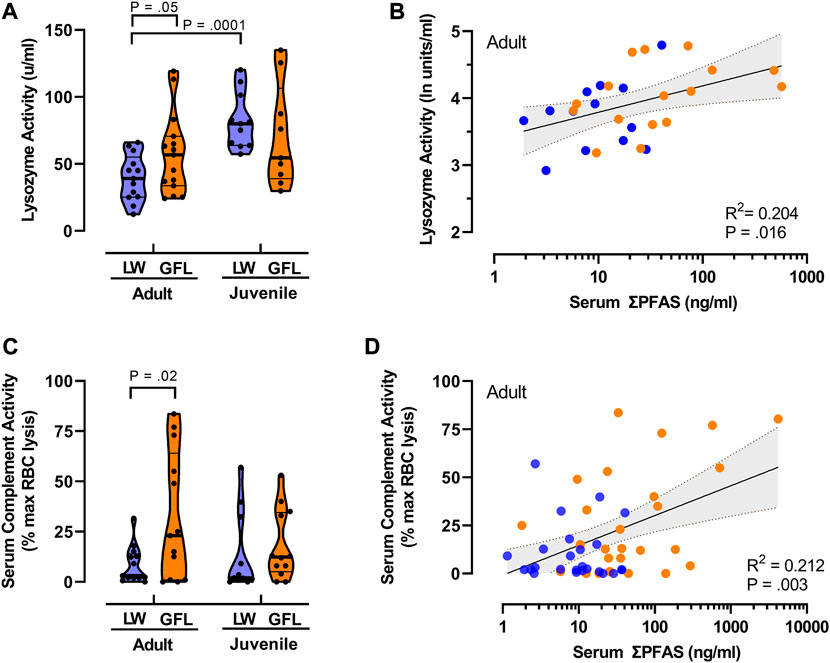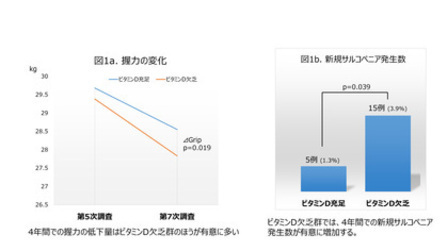科学者たちは、失読症と確実に関連する多数の遺伝子を初めて特定した。 Scientists have for the first time pinpointed a large number of genes that are reliably associated with dyslexia.
2022-10-20 エディンバラ大学
研究者らは、何百万もの遺伝子変異と失読症の状態との関連を検証し、42の有意な変異を見いだした。
これらのうちいくつかは、言語の遅れのような他の神経発達状態や、思考力、学業成績と関連している。しかし、多くは新規のものであり、読むことを学ぶのに不可欠なプロセスとより密接に関連する遺伝子を表している可能性がある。
ディスレクシアに関連する遺伝子の多くは、注意欠陥多動性障害にも関連している。ディスレクシアと関連する遺伝子の重複は、精神疾患、ライフスタイル、健康状態については、かなり少ないことがわかった。
関連する遺伝子変異のいくつかは、中国語を話すサンプルにおいても有意であった。これは、言語の種類に依存しない、読むことの学習における一般的な認知過程が存在することを示唆している。
今回の遺伝子情報を用いて、他の4つの調査から得られた子どもや成人の読み書きの能力を予測することができたが、診断に必要な精度は得られなかった。
<関連情報>
- https://www.ed.ac.uk/news/2022/gene-study-identifies-dna-variants-linked-to-dysle
- https://www.nature.com/articles/s41588-022-01192-y
失読症に関連するゲノムワイドに有意な42の遺伝子座を発見 Discovery of 42 genome-wide significant loci associated with dyslexia
Catherine Doust,Pierre Fontanillas,Else Eising,Scott D. Gordon,Zhengjun Wang,Gökberk Alagöz,Barbara Molz,23andMe Research Team,Quantitative Trait Working Group of the GenLang Consortium,Beate St Pourcain,Clyde Francks,Riccardo E. Marioni,Jingjing Zhao,Silvia Paracchini,Joel B. Talcott,Anthony P. Monaco,John F. Stein,Jeffrey R. Gruen,Richard K. Olson,Erik G. Willcutt,John C. DeFries,Bruce F. Pennington,Shelley D. Smith,Margaret J. Wright,Nicholas G. Martin,Adam Auton,Timothy C. Bates,Simon E. Fisher & Michelle Luciano
Nature Genetics Published:20 October 2022
DOI:https://doi.org/10.1038/s41588-022-01192-y

Abstract
Reading and writing are crucial life skills but roughly one in ten children are affected by dyslexia, which can persist into adulthood. Family studies of dyslexia suggest heritability up to 70%, yet few convincing genetic markers have been found. Here we performed a genome-wide association study of 51,800 adults self-reporting a dyslexia diagnosis and 1,087,070 controls and identified 42 independent genome-wide significant loci: 15 in genes linked to cognitive ability/educational attainment, and 27 new and potentially more specific to dyslexia. We validated 23 loci (13 new) in independent cohorts of Chinese and European ancestry. Genetic etiology of dyslexia was similar between sexes, and genetic covariance with many traits was found, including ambidexterity, but not neuroanatomical measures of language-related circuitry. Dyslexia polygenic scores explained up to 6% of variance in reading traits, and might in future contribute to earlier identification and remediation of dyslexia.


